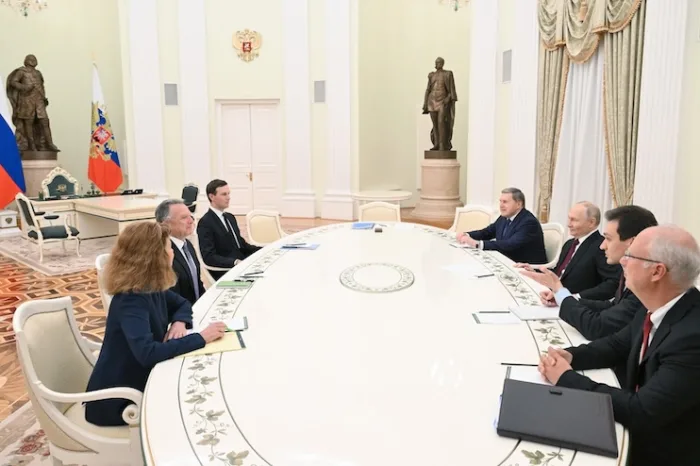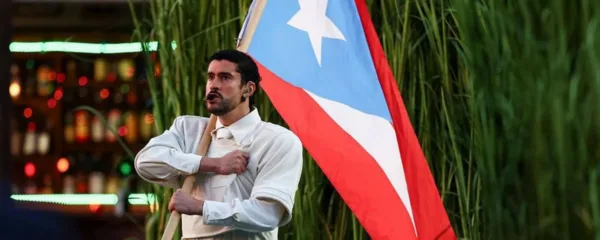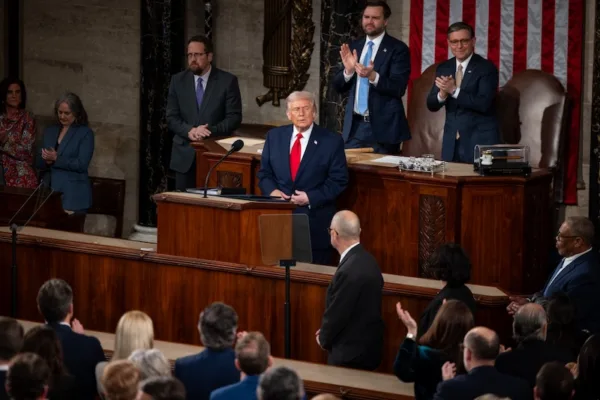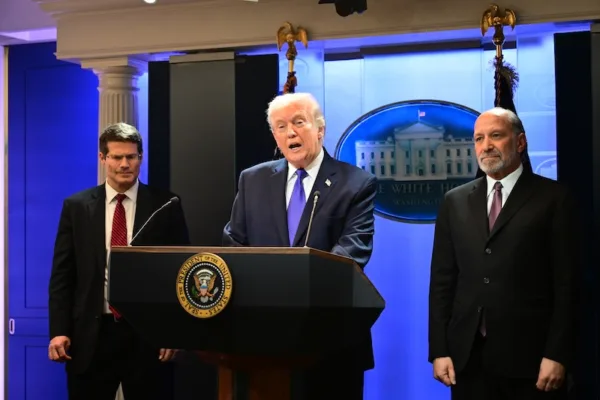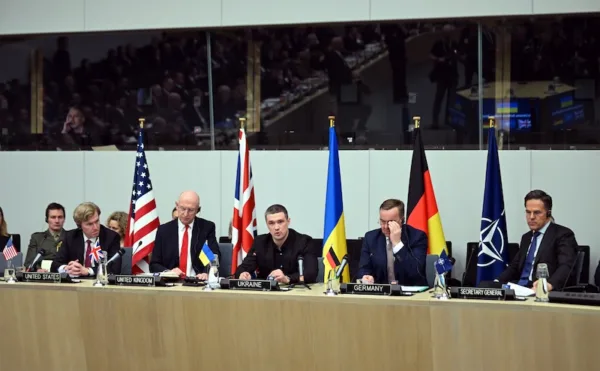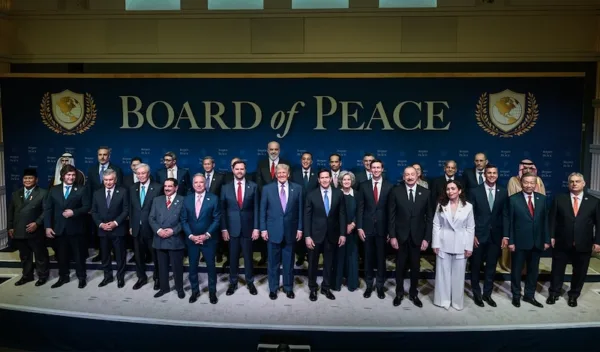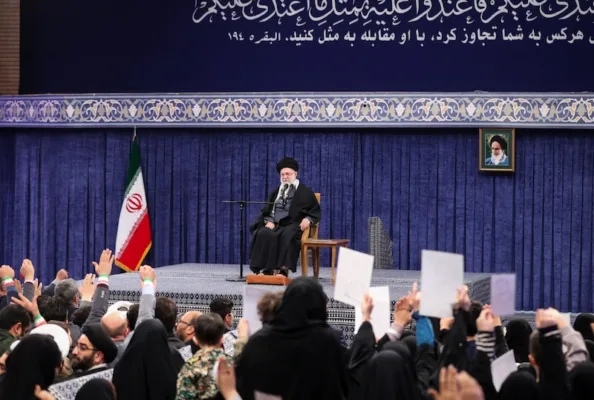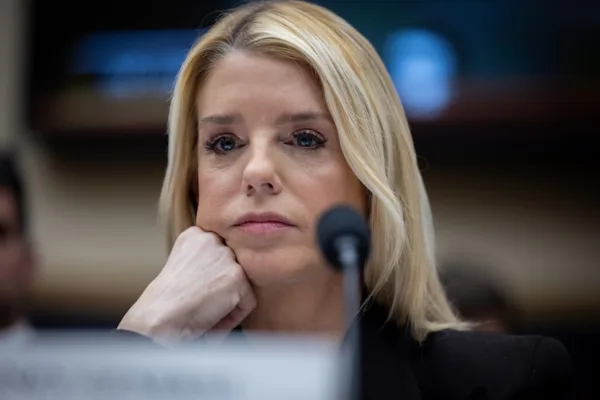Turkey Downs a Russian Jet: What Happened and What it Means
Russian violations of Turkish airspace have been frequent in the run-up to the incident despite Turkish warnings they would not be tolerated.
On November 24, 2015 an Su-24M tactical bomber of the Russian Aerospace force was shot down by a Turkish F-16 fighter jet near the Turkish-Syrian border. This is the first time a NATO ally has publicly acknowledged the downing of Russian or Soviet military aircraft since the 1950s. The incident comes after Turkey summoned Russia’s Ambassador to Ankara late last week to protest bombing of ethnic Turkmen civilians in northern Syria, the same region where the Russian plane had been maneuvering. Earlier this month, Turkey had expressed exasperation over repeated, seemingly intentional, violations of its border by Russian aircraft operating inside Syria. NATO supported Turkey’s assertions that the ongoing breaches of Turkey’s border were unlikely to have been accidental.
In the aftermath of the downing of the warplane, in a letter to the U.N. Security Council and Secretary-General Ban Ki-moon, Turkey maintained that the two Russian planes had violated its airspace and that, before firing, 10 warnings were issued to the planes. Disregarding these warnings, the planes proceeded to violate Turkish airspace “to a depth of 1.36 miles and 1.15 miles in length for 17 seconds.” Following the violation, plane one left Turkish national airspace, and plane two, remaining in Turkish airspace, was fired upon by a Turkish F-16 performing air combat patrol in the area. Turkish action was taken in accordance with previously established rules of engagement. Turkish President Recep Tayyip Erdogan stated that the incident, “does not indicate any animosity toward any country.”
Statements from the Russian foreign ministry claimed that there was no communication or visual contact made by the Turkish jet prior to firing. Despite Russian claims, in the aftermath of the incident media reports indicated that Russian operations were focused on opposition forces in the region supported by the West. Both NATO, and U.S. President Obama have confirmed that the Russian jet indeed violated Turkey’s airspace and rules of engagement, and voiced their solidarity with Turkey and its right to defend its airspace. Both NATO and the U.S. have urged calm between Turkey and Russia. The anti-ISIL coalition, of which Turkey is a key member, is still looking to Russia for cooperation in finding an international solution to the Syrian civil war and containment of ISIS expansion in the region. Russia’s participation is especially valued owing to Moscow’s unique relationship and position to influence Iranian action.
The incident sparked a range of responses from regional analysts and western media sources. Commentators said that fallout between Russia and Turkey following what has been deemed “a very serious escalation” would be severe. However, the incident did not shock the larger policy community, who have noted that Russian violations of Turkish airspace have been frequent in the run-up to the incident despite Turkish warnings that they would not be tolerated. There has been widespread sentiments that, in his actions, Russian President Vladimir Putin has misjudged the commitment of Turkish President Tayyip Erdogan to Turkey’s stake in the Syrian conflict. Turkey already hosts more than 2 million Syrian refugees and considers protection of Syrian Turkmen as a moral objective in addition to supporting the opposition.
There is little question that the incident will damage Turkish-Russian relations. The two countries will face several challenges in the coming days. Relations between the two countries have already been strained by Russia’s intervention in Syria. Turkey remains opposed to Syria’s Assad regime, which Russia continues to supports. The impact of this strain is bilateral, most likely to be felt in economic relations. Russia is a major financial player in Turkey’s plans to develop a 4800 MWe Akkuyu nuclear power plant, and, in response to previous Russian incursion into Turkish airspace, President Erdogan had threatened that Turkey would look elsewhere for the nearly 28-30 billion cubic meters and 50 bcm of natural gas it imports annually from Russia. Furthermore, visitors from Russia represent a large portion of Turkey’s tourism industry. The escalation in the tensions do not bode well for continued economic cooperation between the two regional economic hubs.


